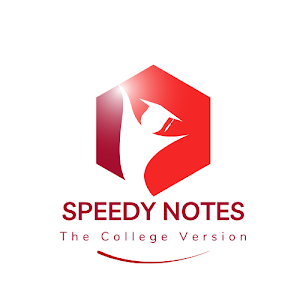[alert-primary] Affective Fallacy [/alert-primary]
[alert-primary] Affective Fallacy [/alert-primary]
[alert-primary] Affective Fallacy [/alert-primary]
[alert-info][btn href="https://www.speedynotes.in/2022/06/study-guides.html" target="_blank" class="bt lg bt-info" btn]Study Guide[/btn][/alert-info]
The Intentional Fallacy is a special instance of the Genetic Fallacy, which philosophers refer to as a confusion between the poem and its origins. It starts off by attempting to infer the standard of criticism from the psychological factors that led to the poem's composition and ends with relativism and biography.
The Affective Fallacy, though typically presented as having much stronger claims than the general forms of scepticism, is a confusion between the poem and its results (what it is and what it does). The attempt to glean the standard of criticism from the psychological effects of the poem is made at the outset, and it ends with impressionism and relativism. Either the intentional or affective fallacy has the result that the poem itself, as an object of specifically critical judgement, tends to disappoint.
The
affective fallacy, as defined by W.K. Wimsatt, Jr. and Monroe C.
Beardsley in a 1946 essay, is the mistake of judging a poem by its
effects, particularly its emotional effects, upon the reader. This
fallacy causes criticism to "end in impressionism and relativism"
because "the poem itself, as an object of specifically critical
judgement, tends to disappear."
With a strong emphasis on the literary text itself as the object of study rather than as a social artefact that revealed the inner thoughts of the author or the society in which it was written, New Criticism embodied a largely academic and scientific approach to literary studies.
According to Wimsatt and Beardsley, the text was a self-contained entity, independent of the author and the reader, and its value and significance were seen as inherent rather than attributable. As a result, the reader's response to a text was disregarded as a reliable indicator of the text because "what it is" and not "what it does" was what mattered.
Affective fallacy touches on or encompasses nearly all of the major literary criticism schools, from Aristotle's Catharsis and Longinus's Sublime to the Chicago critics and late nineteenth-century belles-lettres.
Affective fallacy touches on or encompasses nearly all of the major literary criticism schools, from Aristotle's Catharsis and Longinus's Sublime to the Chicago critics and late nineteenth-century belles-lettres.
It has been harshly criticised for this attempt to separate a poem's evaluation and appreciation from its emotional and other effects on the reader, on the grounds that a literary work that renders the reader unresponsive and impassive is not experienced as literature at all. By admitting that "it does not appear that critical evaluation can be done at all except in relation to certain types of effect that aesthetic objects have upon their perceivers,"
M.C. Beardsley has since modified the earlier statement. When the doctrine is modified in this way, it becomes a justification for objective criticism, in which the critic focuses on analysing the unique characteristics and devices of the work that enable such effects to be achieved rather than describing the effects of a work on himself.








0 Comments